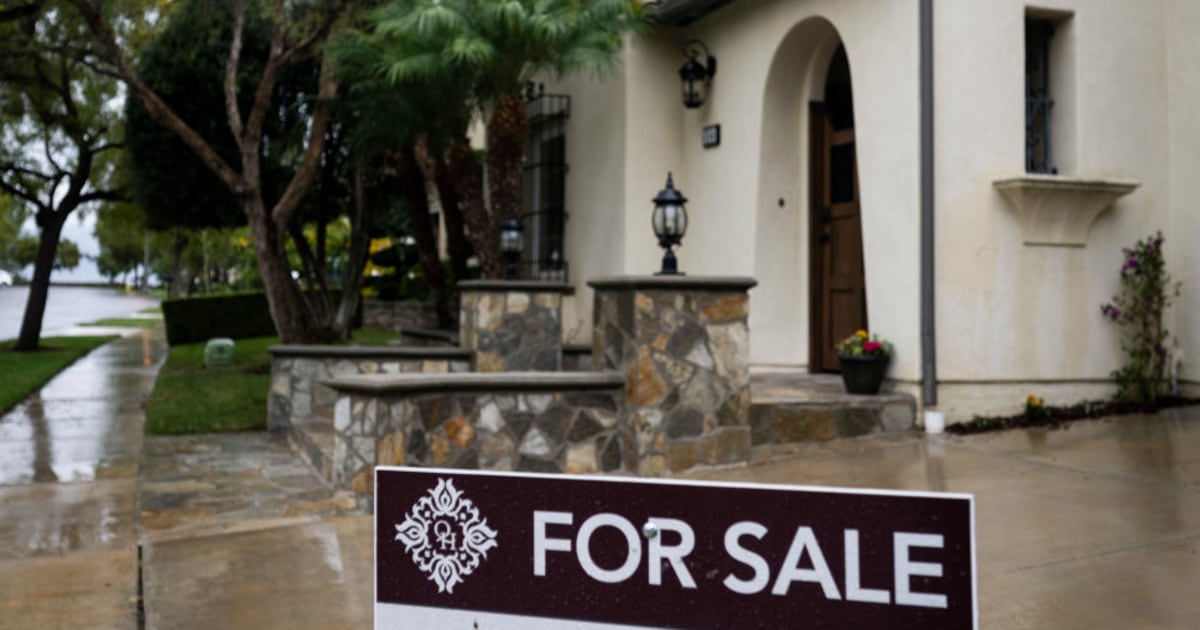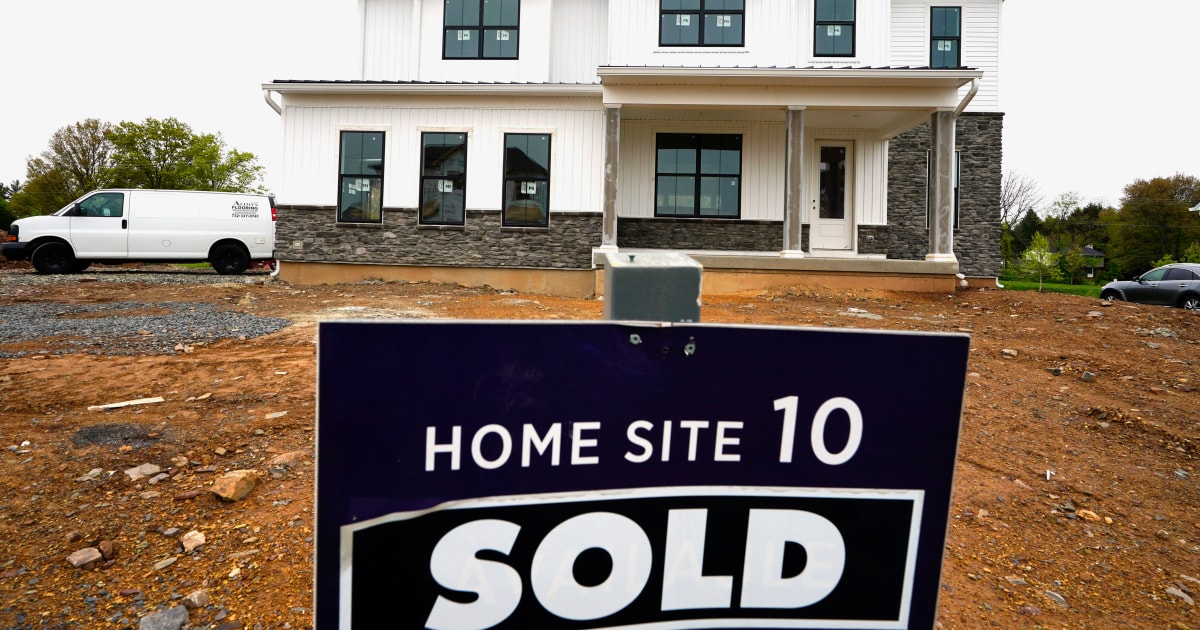Economist Jürgen Michels warns of high inflation rates with low growth
+
Michels.jpg
© Oliver Bodmer
Inflation is back: In May, prices in Germany rose by 2.5 percent compared to the previous year.
The Federal Statistical Office in Wiesbaden yesterday confirmed a corresponding first estimate (see graphic).
Does everything threaten to get more expensive in the future?
What does this mean for interest rates and stock markets?
We spoke to the chief economist at Bayerische Landesbank, Jürgen Michels, about current market developments.
Mr. Michels, do we have to reckon with ever increasing prices in the future?
First of all, you have to look at why prices rose so sharply in the spring.
We are not only observing high inflation rates in Germany; in the USA, for example, the inflation rate is currently around five percent.
How did the sudden surge in prices come about?
There are a number of causes in Germany.
One driver is the corona pandemic: We have seen that value chains were temporarily interrupted as a result of the lockdown.
Containers weren't where they should have been loaded.
This led to delays in trade, stocks became scarce, and prices went up.
Or let's take the example of lumber: Here the prices have climbed to astronomical heights.
Construction continued in lockdown, but the sawmills stood still.
This led to a shortage of lumber - the price rose.
Does that mean we are only observing short-term price effects here?
Yes exactly.
These particular markets will gradually return to normal as supply rises again.
It is conceivable that prices will even fall again for some products.
But the price development in these markets doesn't explain everything.
What other causes do you observe?
Because retailers and restaurants were temporarily closed during the pandemic and many vacation trips were canceled, consumers spent less money - we see this in an increase in savings rates.
With the elimination of the restrictions, the savings can be spent again.
If consumption picks up, companies can charge higher prices.
And consumers pay for it.
One must not forget: When looking at the inflation rate, one always compares the current prices for a comprehensive goods and shopping basket for a month with the prices from the same month of the previous year.
A year ago the prices were in the basement because of the pandemic, the difference to the previous year is correspondingly large.
There are also special effects: In July 2020, sales tax was reduced to 16 percent for a few months, now it is back at 19 percent - this is reflected in the prices.
Does that mean that inflation rates will remain high in the coming months?
Yes.
We will see rates of well over three percent this year.
In autumn the fruit and vegetables will be more expensive than in the previous year, because the spring was cold and rainy and many flowers were simply frozen to death.
That reduces the supply and drives up the price.
What is the average inflation rate you expect in 2021?
We are currently assuming 2.5 percent.
How will things continue at this pace in the following years? Sectors affected by the crisis - such as travel companies - could continue to turn the price screw to offset their losses.
I am not assuming that this is the case.
A simple example: If a hotel operator charges 120 euros a night for the room this year instead of 100 euros as in the previous year, and the hotel maintains this price in the following years, the price jump in the inflation rate is only noticeable once.
It becomes problematic if the room costs 140 euros one year later and 160 euros the following year.
But that is not to be expected across the board.
However, it is different with the CO2 price.
What are you expecting here?
The price of CO2 is likely to rise year after year in the future, which will lead to higher prices for many goods.
Prices will also become more expensive in the medium term because companies will switch to producing more on their doorstep again in the post-Corona period instead of in low-wage countries.
Corona has made it clear to many how vulnerable the supply chains are.
It is also conceivable that many raw materials - such as special metals for the construction of electric cars - will become more expensive over the long term.
We see something similar with memory chips.
Here we have a bottleneck that cannot be remedied in the short term.
The industry is also dependent on silicon supplies from China.
The dispute between the US and China only exacerbates this.
How will all of the effects work in the coming years? Especially since there is an extremely high amount of liquidity in the market due to the central banks.
Let me put it this way: The risk that we will see permanently higher inflation in the coming years has definitely increased.
But that is explicitly a risk scenario.
What is your main scenario?
This year we will still see the high inflation rates, but in the following years we will level off again at values around two percent.
This would mean that post-pandemic inflation would be higher, but not massive.
That is the aim of the ECB. Is the central bank now under pressure to quickly get out of its ultra-loose monetary policy?
We have been below two percent for so long that there is no need for the ECB to act quickly.
The pressure builds up slowly.
We will have a transition phase until 2023, when, from a purely economic point of view, the time after Corona will begin.
This will be characterized by lower economic growth; we expect rates of around 1.5 percent.
Since we will also have inflation around two percent during this period, the ECB will have to act.
However, low growth rates create little confidence. Especially since most states have taken on new debt and someone ends up having to pay for the cost of the crisis. Are you expecting higher taxes?
The great hope of politics will be that we will see such high economic growth in the coming years that this question is superfluous.
However, these hopes are unlikely to materialize.
In the medium term there will therefore be tax increases.
What do such tax increases look like?
I do not believe that the income tax will be massively increased.
A return of the wealth tax is quite possible, depending on the government coalition.
The big issue, however, will be the pricing of CO2.
This does not have to be done via a tax, but the effect of a certificate solution is comparable.
In addition, there is the global corporate tax of 15 percent, which has now been decided at the G7 meeting.
Is that enough to reduce the mountain of debt?
Due to the planned closing of the tax loopholes, a double-digit billion amount in taxes is to be expected globally.
There is not enough money to renovate the budget.
Italy's national debt accounts for 160 percent of the gross domestic product, and France is also over 100 percent.
When will the high debt ratios for Europe become precarious again?
At the latest when it gets to three digits, you should think about how to get out of there.
The 60 percent to gross domestic product in the Stability and Growth Pact is a figure that was chosen with care.
Debt is still not a problem because interest rates are extremely low.
But the more debt there is now, the greater the collateral damage will be if the ECB raises interest rates in a few years' time.
Especially since there is then the risk that the delicate upswing will then be stalled again.
We are in a real dilemma here.
Can the shareholders at least be happy? It is said that inflation is fueling prices.
If the central banks don't respond with higher interest rates, then yes.
The companies can ultimately generate higher sales at higher prices.
That is why I am in favor of stocks.
Nevertheless, it will jerk here and there in the years to come.
Why?
We have a whole generation of investors who had less of a corporate balance sheet in mind, but always waited for the central bank to open the next money lock.
They only know low interest rates, since the 1990s it has only been going down.
Even for a generation of central bankers, positive rates will be something new.
And if interest rates rise again - albeit only slowly - there will be one or two setbacks on the stock market.
Where do you see the Dax at the end of the year?
We assume 15,800 points.
The upward trend should continue in the coming year, but at a somewhat slower pace.
List of rubric lists: © Oliver Bodmer















